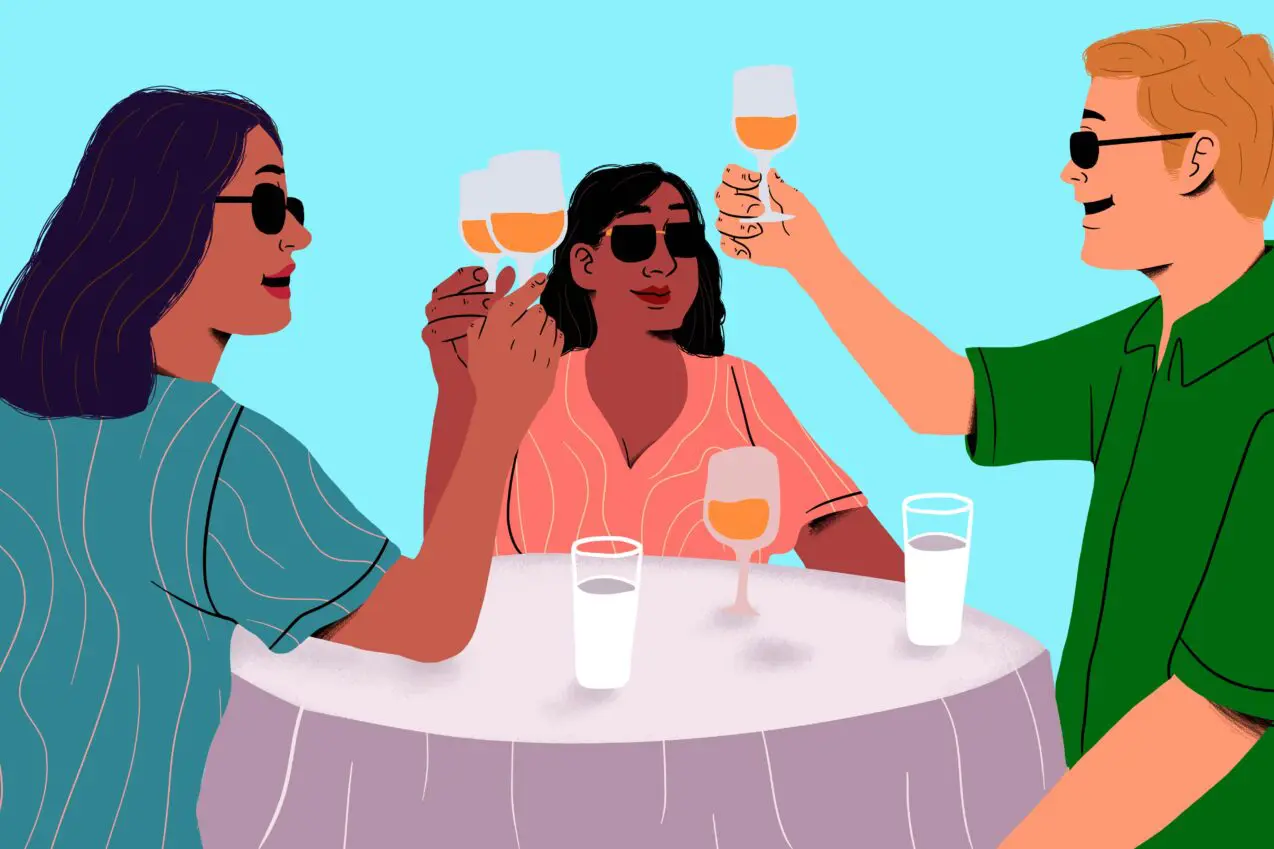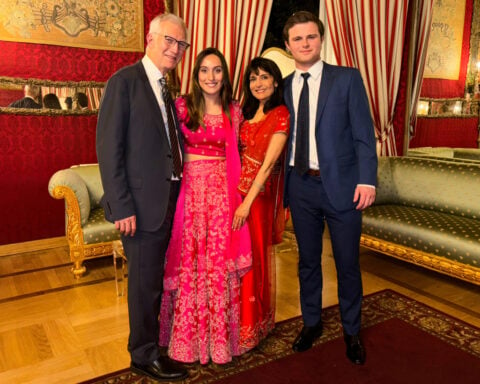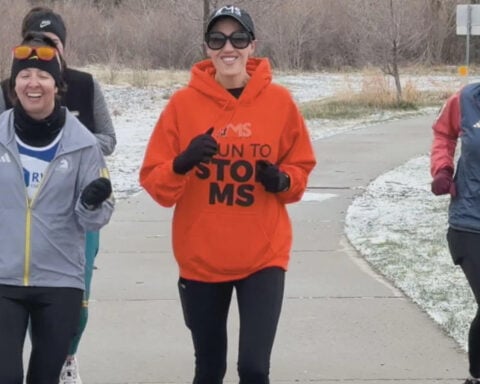Building and maintaining close friendships requires intentional effort, not just organic connection, a recent study reveals.
The study comes out as Americans spend less time socializing with friends. Studies have found that having good friends can make a huge difference in your mental and physical well-being. When life gets tough, having pals to lean on can really help you cope with stress and the blues, says Harvard doctor Robert Waldinger, who's been studying this stuff for years.
Marc Schulz, a psychology professor at Bryn Mawr, puts it bluntly: "If you want a happy, healthy life, you've got to make time for your buddies."
These days, it seems like Americans are spending less and less time hanging out with their friends. The top doctor in the country is pretty worried about how lonely we're all getting - he says it's as bad for you as smoking a pack a day.
Experts recommend several strategies for strengthening friendships:
Change the context. Making real friends takes time, according to Jeff Hall at the University of Kansas. He figures you need to clock about 200 hours with someone before you can call them a close pal. But changing where you socialize can accelerate bonding.
"It's not enough to just spend a bunch of time together at work," Hall said. "What's usually required is a context shift."
Marisa Franco, psychology professor at the University of Maryland, calls this "repotting" the relationship. She suggests inviting a co-worker to lunch or joining a sports team together to see different sides of each other.
Be vulnerable. Franco recommends confiding struggles to friends, as people tend to mirror each other's level of openness in conversation.
"If you want to have more depth, you're probably going to have to go first," Franco said. "Vulnerability begets vulnerability."
However, Waldinger noted some friends may not want to discuss intimate concerns, which is also fine as different friendships offer different benefits.
Express appreciation. Telling friends you value them reduces fear of rejection in the relationship, Franco said. The Thanksgiving season provides a natural opportunity for gratitude, Schulz added.
Create traditions. Chris Michaud, 47, of Brooklyn, has hosted a "Tiny Pie Day" Friendsgiving gathering for 23 years. While his friend group no longer hangs out regularly, the annual tradition endures.
"It's really the one thing we all still do," said Michaud, who runs a Disney vacation planning agency. "We're not hanging out for friends' birthday parties because everybody is too busy planning their kids' birthday parties."
Experts say such intentional gatherings help strengthen social bonds over time.
While close friendships may seem to form organically, researchers emphasize that people skilled at building and maintaining friendships tend to prioritize these relationships deliberately. With Americans spending less time socializing overall, experts recommend making conscious efforts to invest in friendships for better health and well-being.

 Trump has begun another trade war. Here's a timeline of how we got here
Trump has begun another trade war. Here's a timeline of how we got here
 Canada's leader laments lost friendship with US in town that sheltered stranded Americans after 9/11
Canada's leader laments lost friendship with US in town that sheltered stranded Americans after 9/11
 Chinese EV giant BYD's fourth-quarter profit leaps 73%
Chinese EV giant BYD's fourth-quarter profit leaps 73%
 You're an American in another land? Prepare to talk about the why and how of Trump 2.0
You're an American in another land? Prepare to talk about the why and how of Trump 2.0
 Chalk talk: Star power, top teams and No. 5 seeds headline the women's March Madness Sweet 16
Chalk talk: Star power, top teams and No. 5 seeds headline the women's March Madness Sweet 16
 Purdue returns to Sweet 16 with 76-62 win over McNeese in March Madness
Purdue returns to Sweet 16 with 76-62 win over McNeese in March Madness








